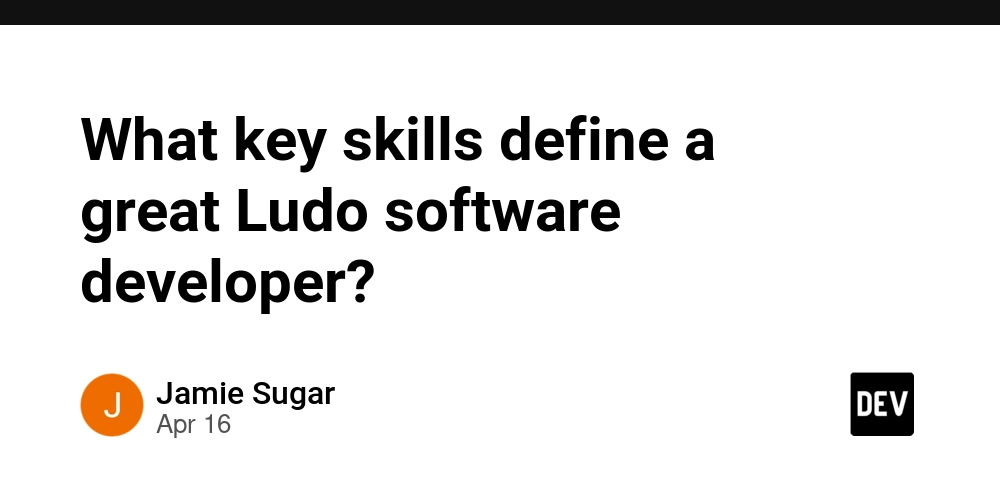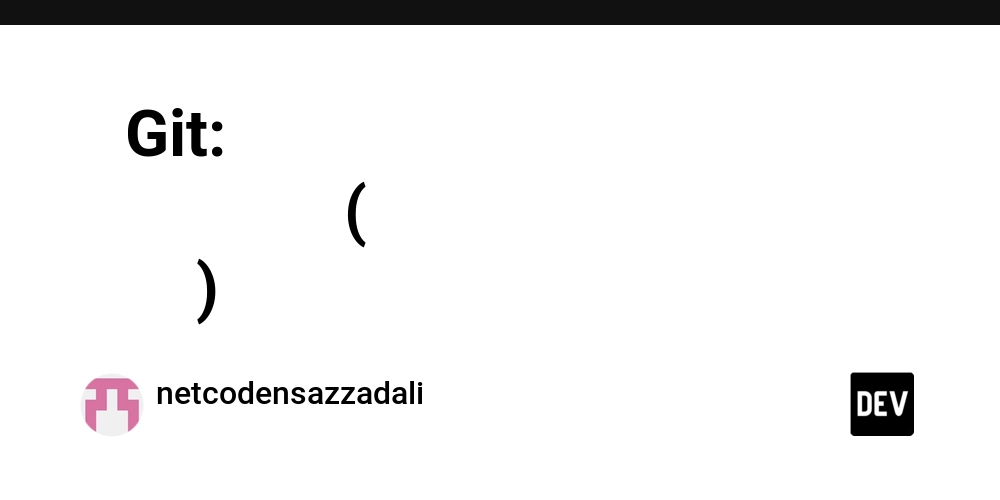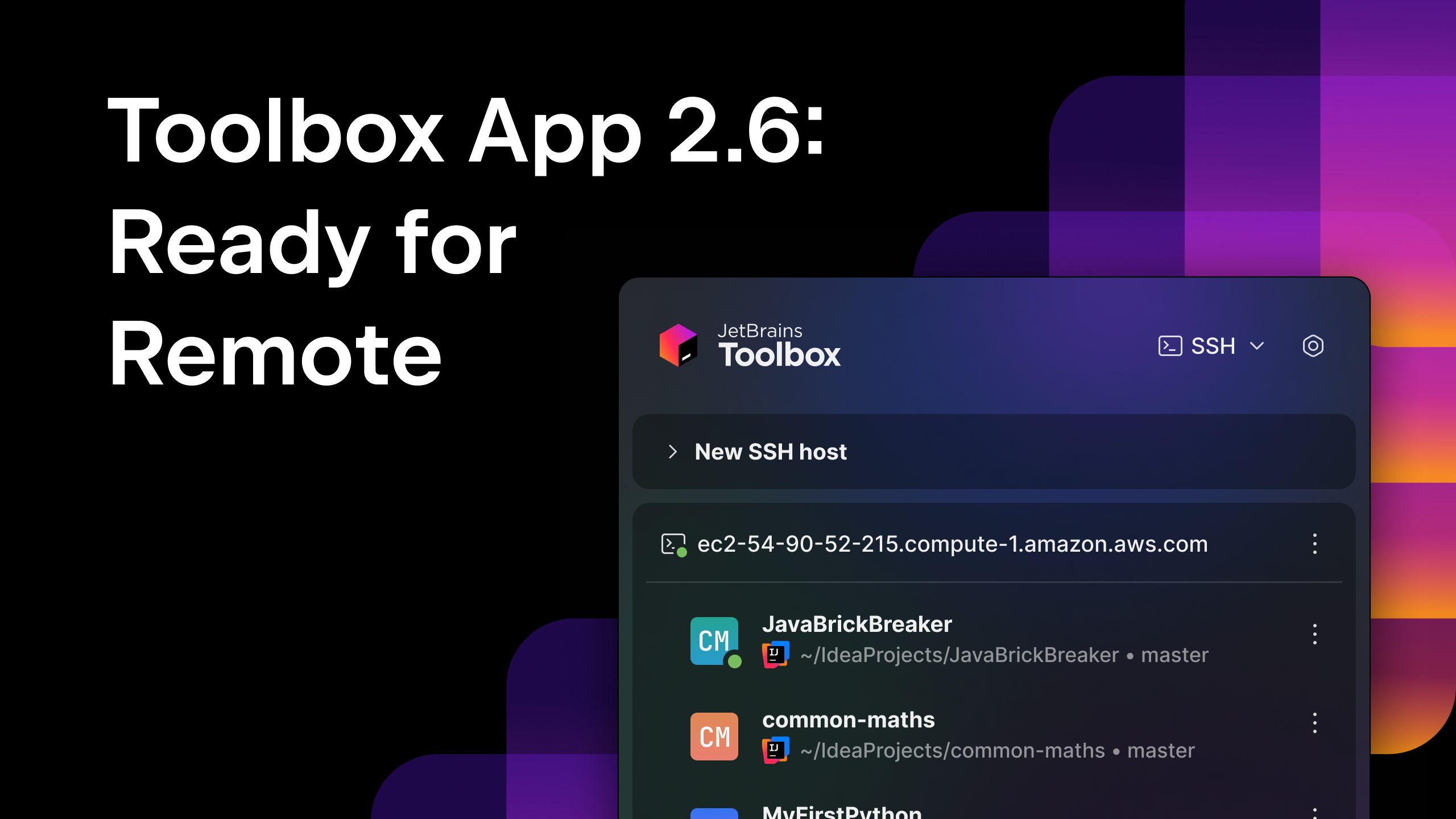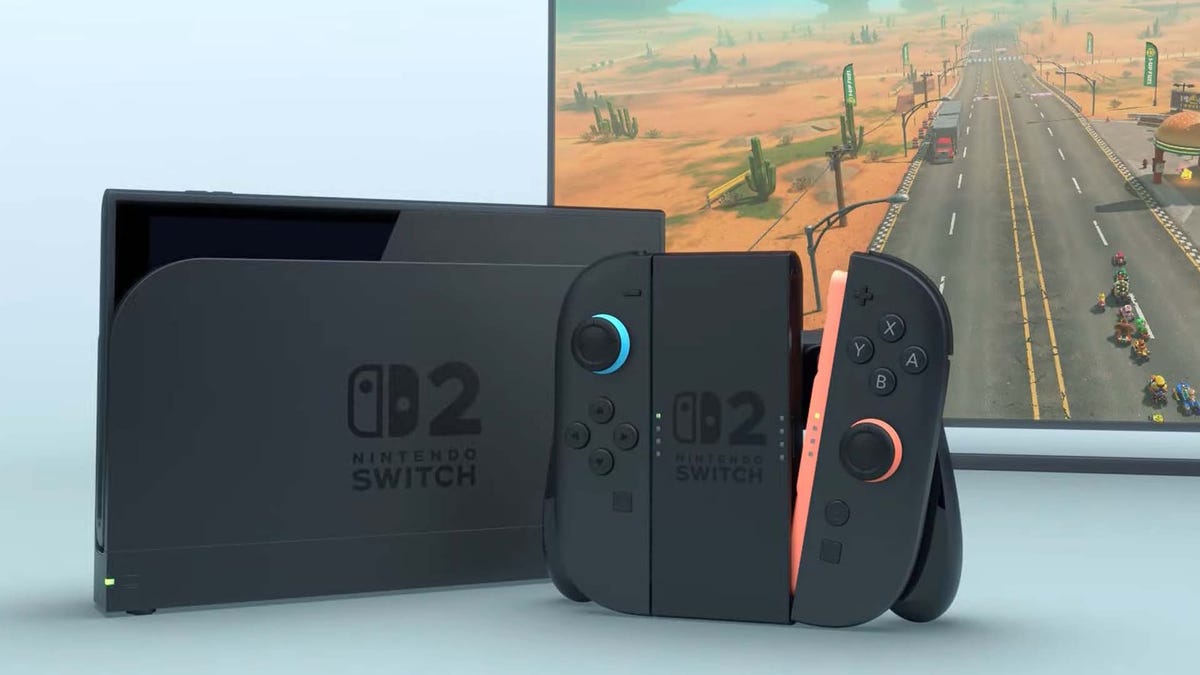Framework Laptop 12 now up for pre-order in the US for $549
The unpredictable chaos of the Trump administration’s tariff whims put modular laptop maker Framework through a gauntlet this week, who removed its lowest-cost designs and delayed the scheduled pre-order of the new and affordable Laptop 12. But as of now, when I’m writing this, you can get a pre-order in for the new 2-in-1 in the US. Probably. The page is now open in Framework’s home territory, and indeed, the company was able to keep its promise of offering a lower-cost, modular, repairable laptop with a smaller touchscreen and convertible form factor. The lowest configuration of the Laptop 12 comes without RAM, storage, OS, or charger, all of which you’ll need to track down and install yourself, after ponying up $549 for the laptop frame and a 13th-gen Core i3 motherboard. Upgrades for the processor—and of course choose-your-own options for the other parts and Framework’s modular USB-C based ports (four of them, just like the Laptop 13)—are configurable, too. That’s cheap for a Windows laptop with a touchscreen, if not exactly “budget” with all the trimmings added on. If you go with a pre-assembled model, you’ll be paying at least $800 for the Core i3 setup, with the base configuration including 8GB of memory, 512GB of storage, Windows 11, and four modular USB-C ports, all upgradeable. You can choose from one of five colorways, and I’m partial to the unique green-on-pink “bubblegum” option. The laptops are set to ship to buyers starting in July, and might be backed up with pre-orders for some time after that. Framework is a US company, but its primary manufacturing comes from Taiwan, which sits at a 10 percent import tax at the moment. That’s well below what it was earlier this week, and currently it’s set to remain there for the next three months. That said, Trump has been changing his mind on US foreign policy on an almost-daily basis. Who knows how long the status quo will remain, or if Framework will be able to maintain these relatively low prices after the initial deliveries are made?

The unpredictable chaos of the Trump administration’s tariff whims put modular laptop maker Framework through a gauntlet this week, who removed its lowest-cost designs and delayed the scheduled pre-order of the new and affordable Laptop 12. But as of now, when I’m writing this, you can get a pre-order in for the new 2-in-1 in the US. Probably.
The page is now open in Framework’s home territory, and indeed, the company was able to keep its promise of offering a lower-cost, modular, repairable laptop with a smaller touchscreen and convertible form factor. The lowest configuration of the Laptop 12 comes without RAM, storage, OS, or charger, all of which you’ll need to track down and install yourself, after ponying up $549 for the laptop frame and a 13th-gen Core i3 motherboard. Upgrades for the processor—and of course choose-your-own options for the other parts and Framework’s modular USB-C based ports (four of them, just like the Laptop 13)—are configurable, too.
That’s cheap for a Windows laptop with a touchscreen, if not exactly “budget” with all the trimmings added on. If you go with a pre-assembled model, you’ll be paying at least $800 for the Core i3 setup, with the base configuration including 8GB of memory, 512GB of storage, Windows 11, and four modular USB-C ports, all upgradeable. You can choose from one of five colorways, and I’m partial to the unique green-on-pink “bubblegum” option. The laptops are set to ship to buyers starting in July, and might be backed up with pre-orders for some time after that.
Framework is a US company, but its primary manufacturing comes from Taiwan, which sits at a 10 percent import tax at the moment. That’s well below what it was earlier this week, and currently it’s set to remain there for the next three months. That said, Trump has been changing his mind on US foreign policy on an almost-daily basis. Who knows how long the status quo will remain, or if Framework will be able to maintain these relatively low prices after the initial deliveries are made?




















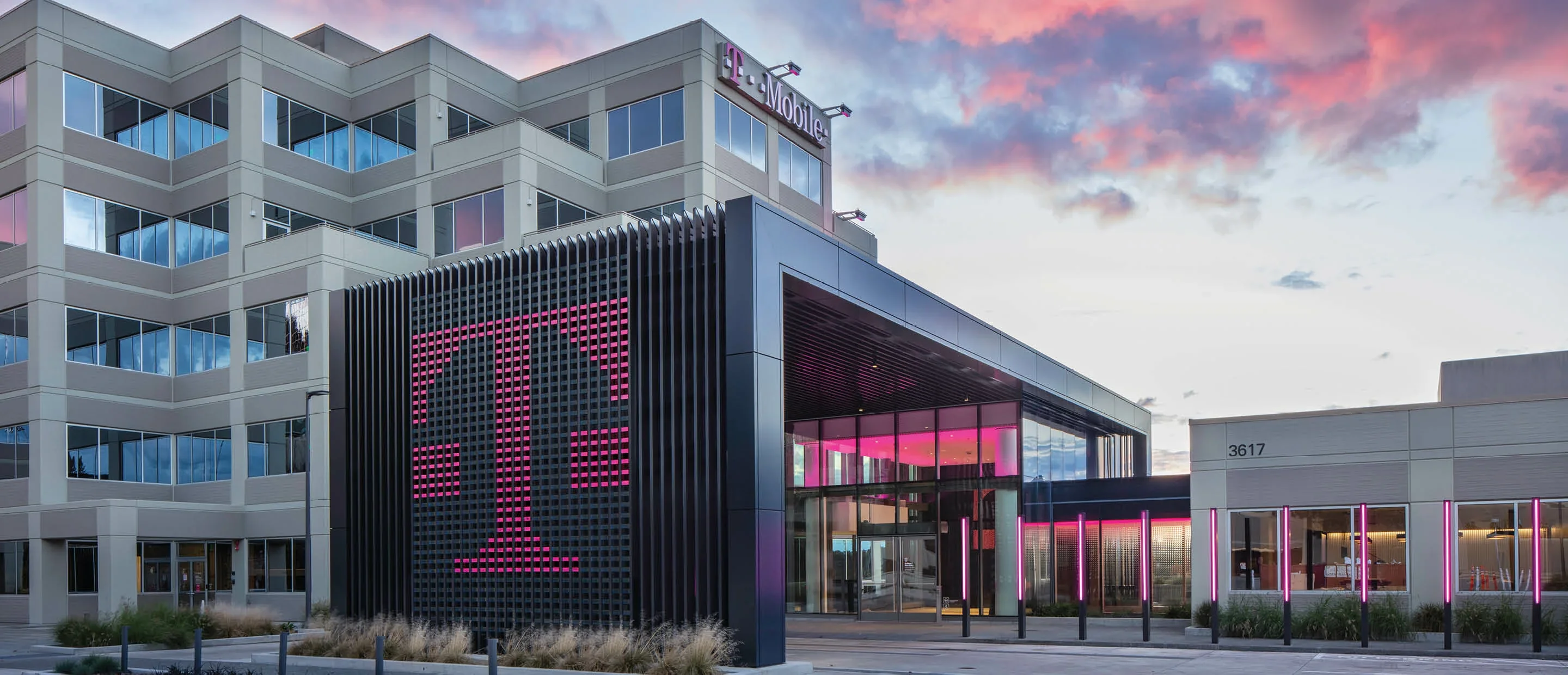








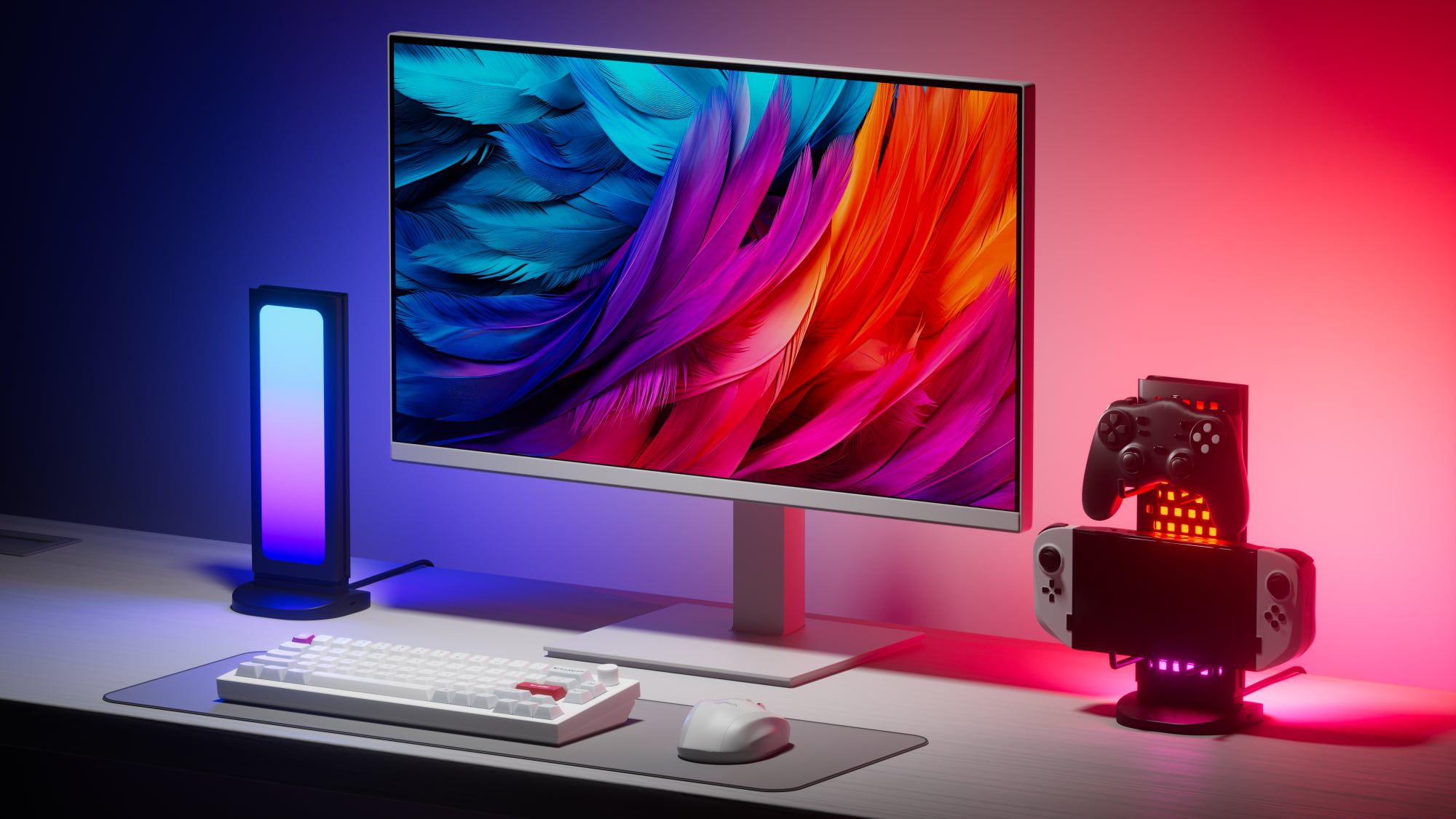





















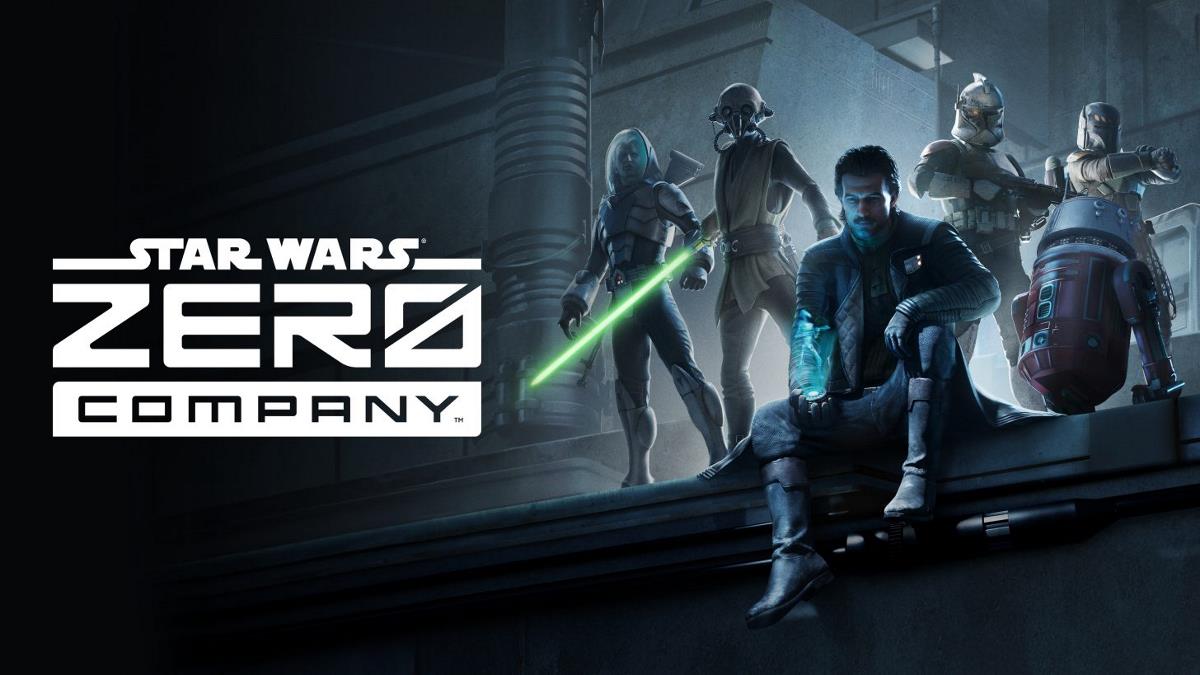
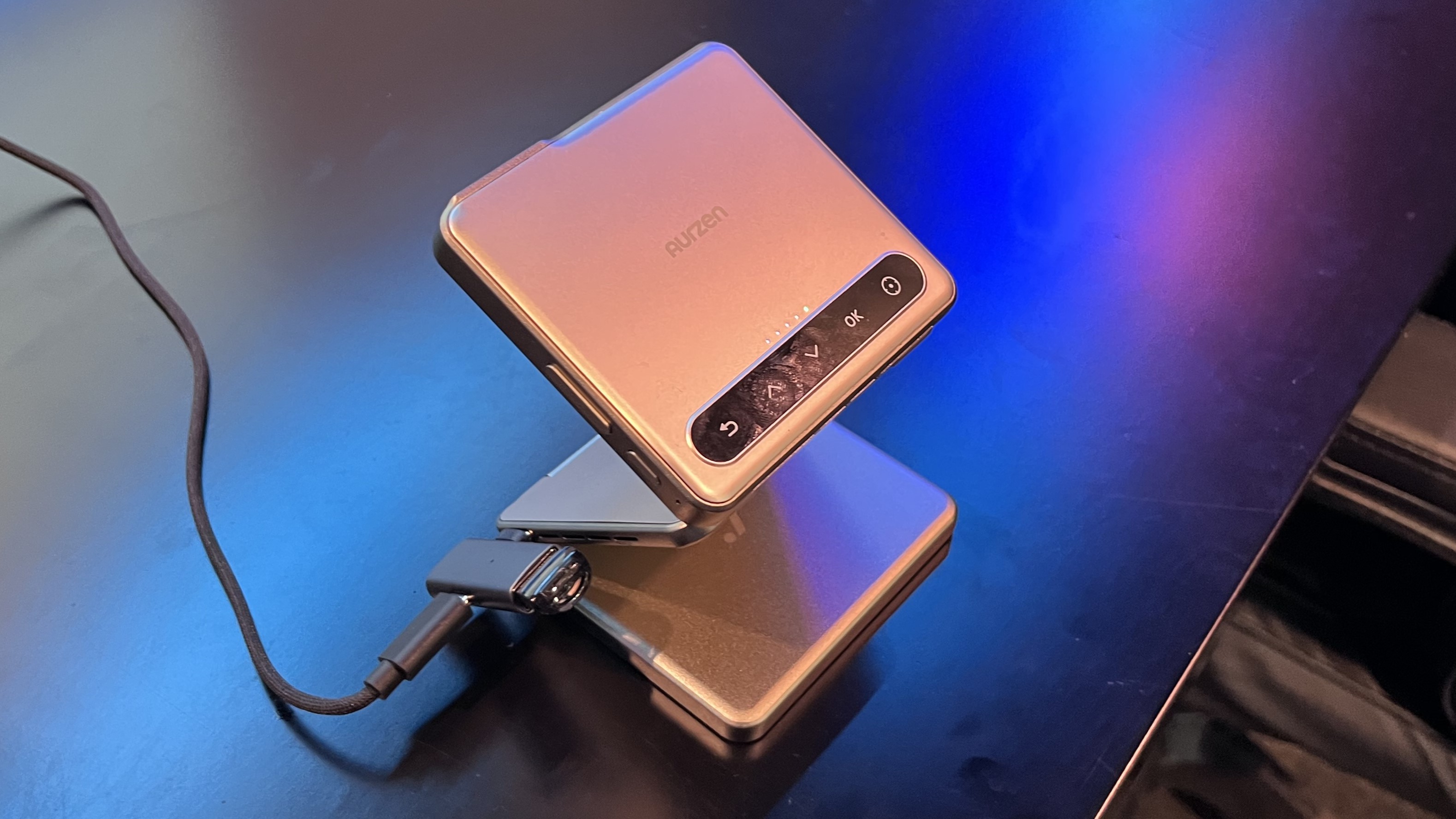


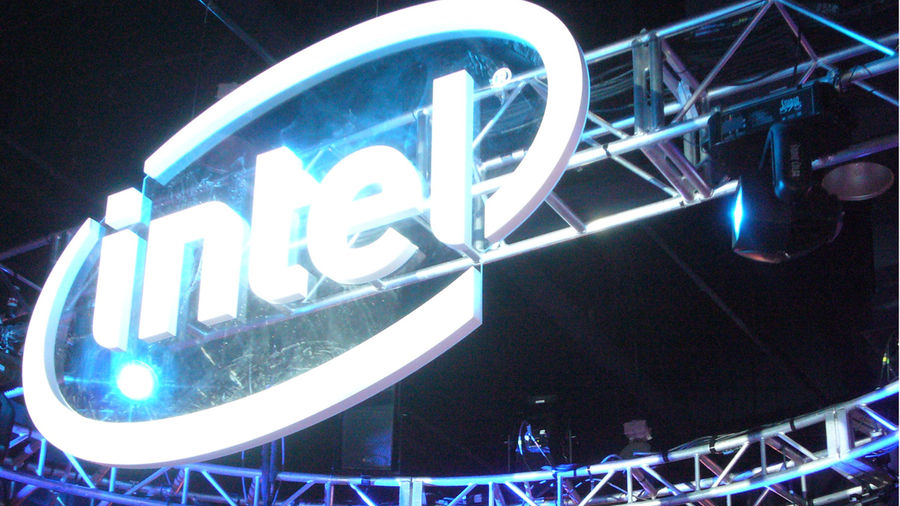











![Apple to Split Enterprise and Western Europe Roles as VP Exits [Report]](https://www.iclarified.com/images/news/97032/97032/97032-640.jpg)
![Nanoleaf Announces New Pegboard Desk Dock With Dual-Sided Lighting [Video]](https://www.iclarified.com/images/news/97030/97030/97030-640.jpg)
![Apple's Foldable iPhone May Cost Between $2100 and $2300 [Rumor]](https://www.iclarified.com/images/news/97028/97028/97028-640.jpg)


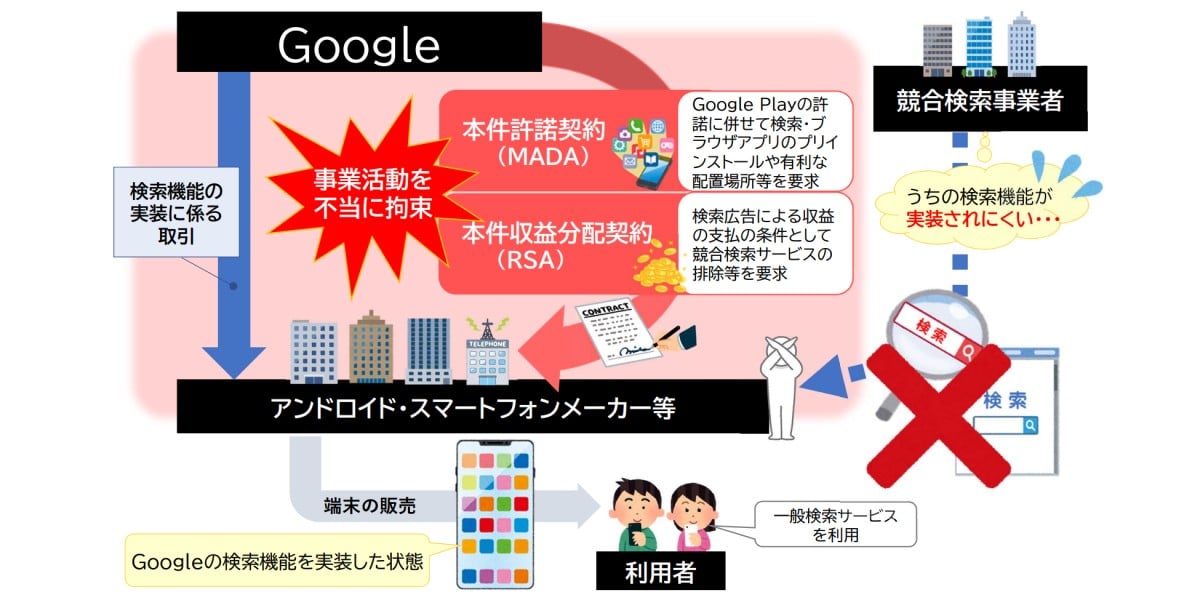

















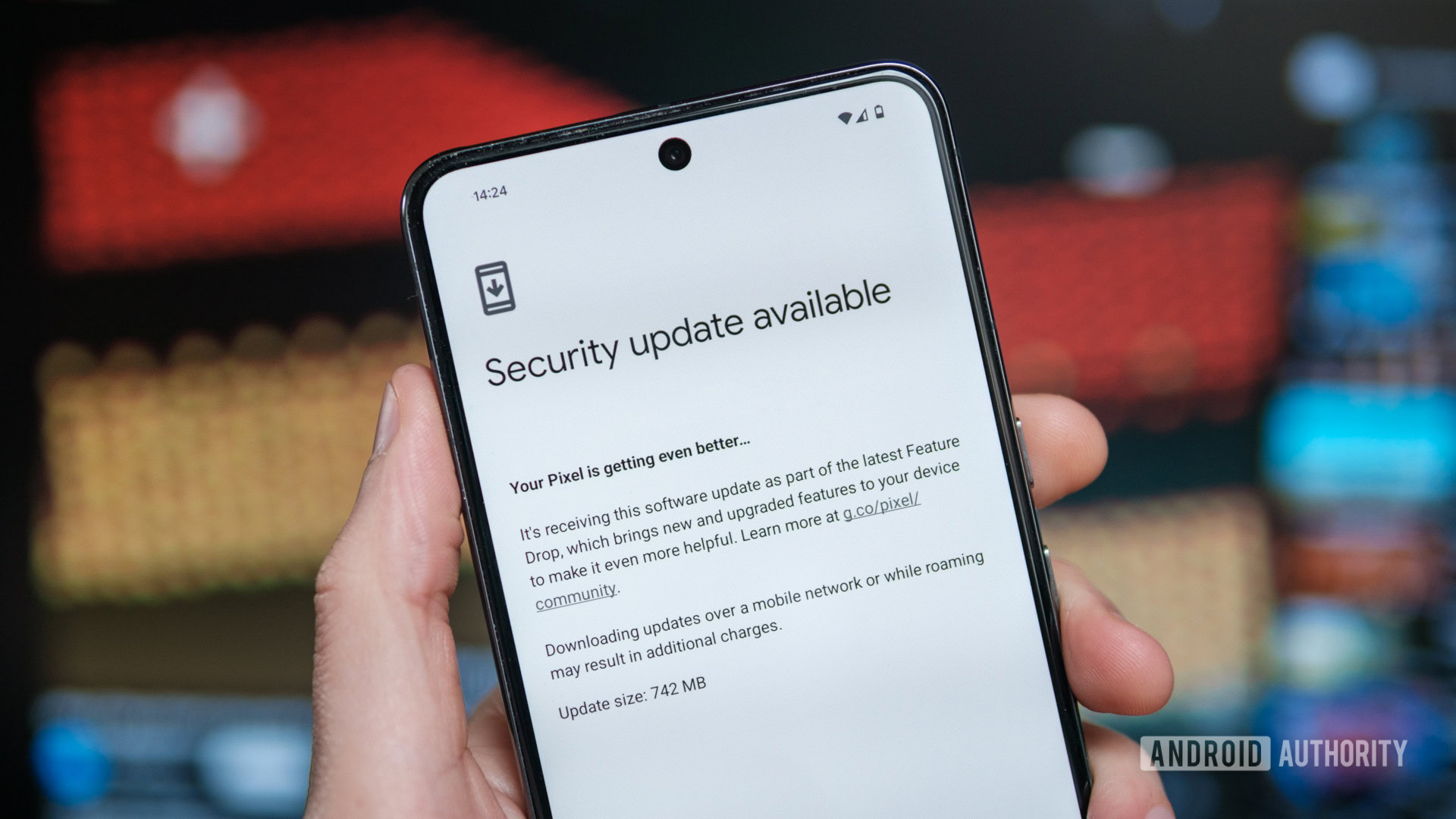
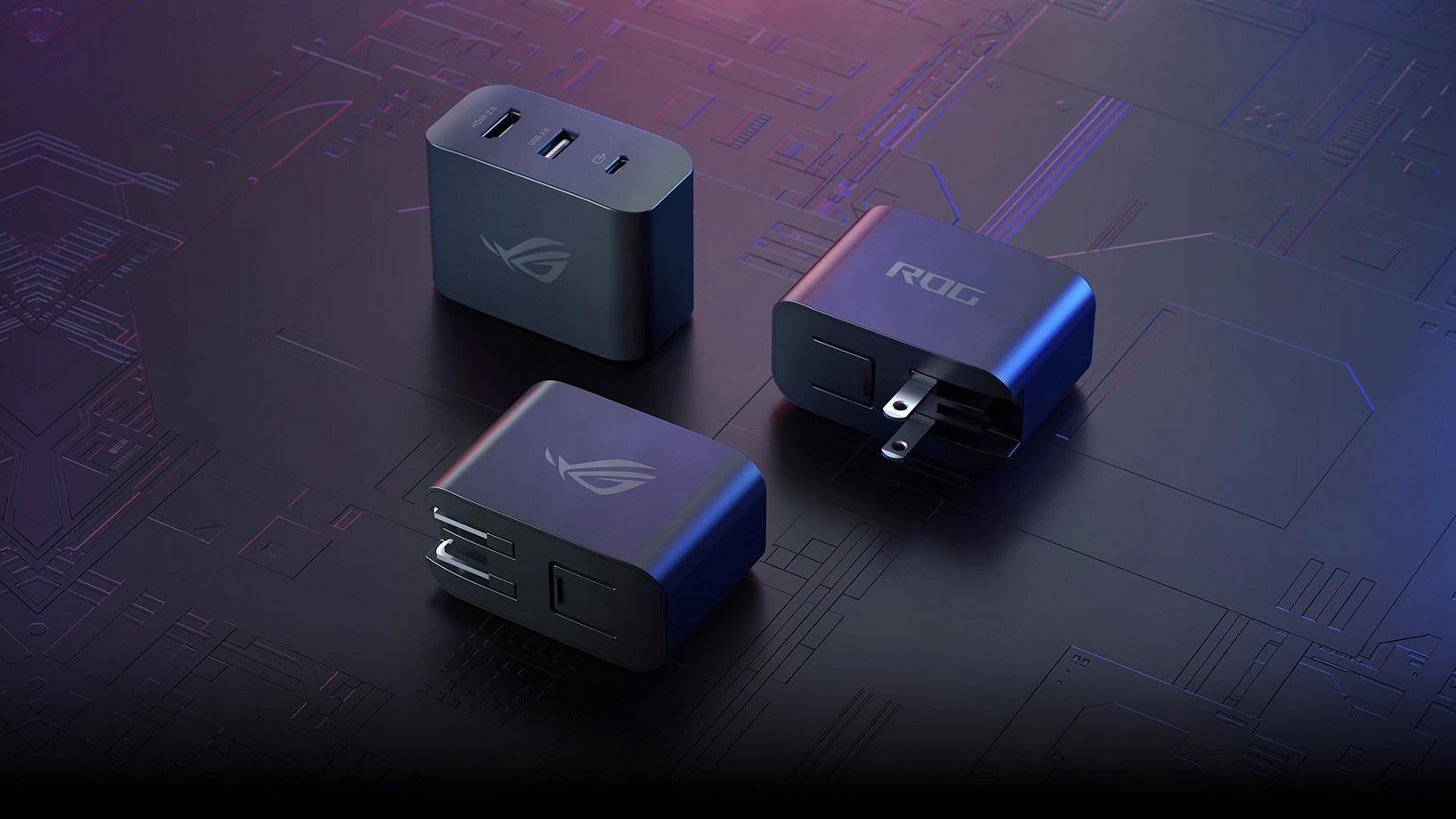
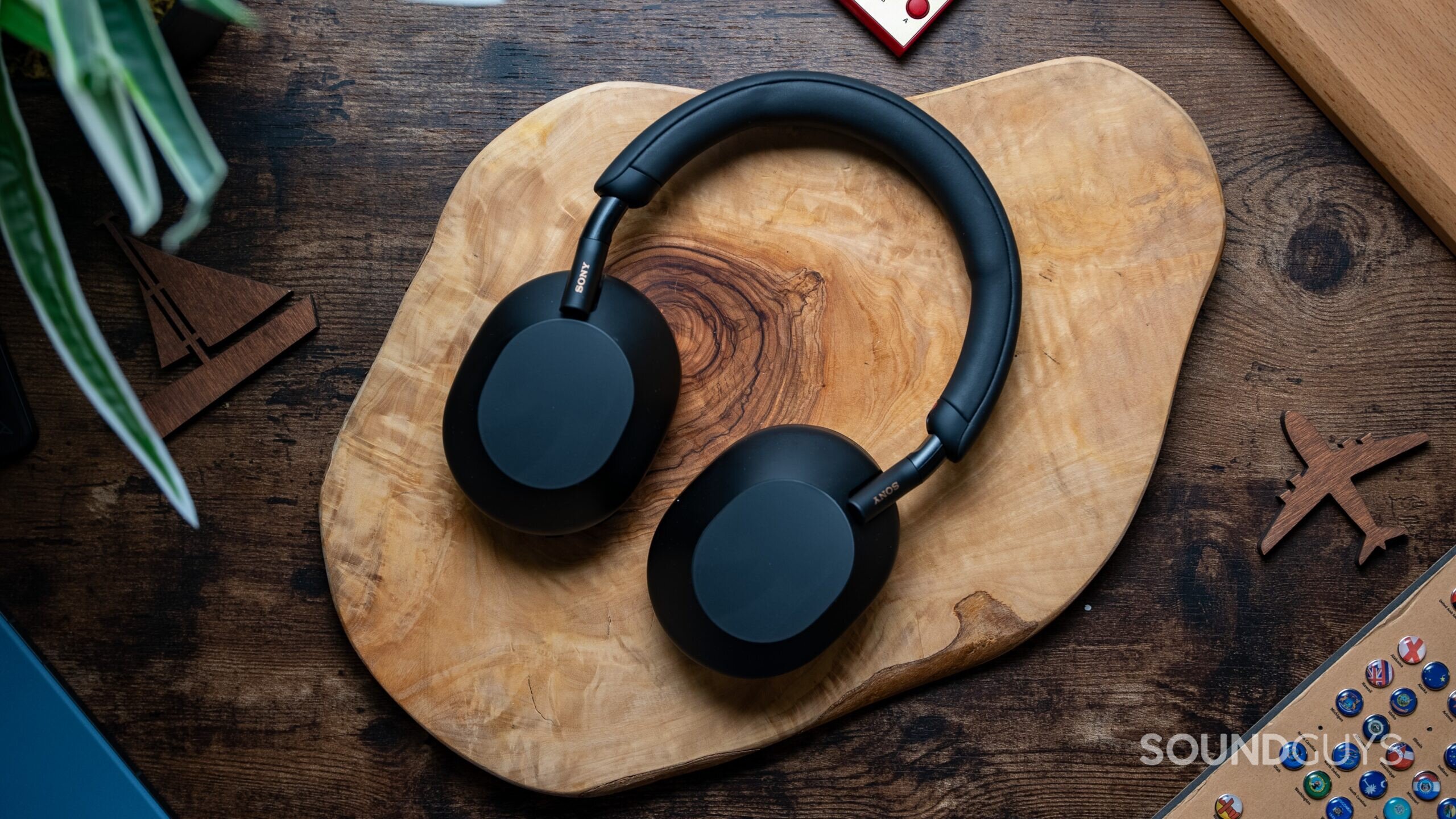


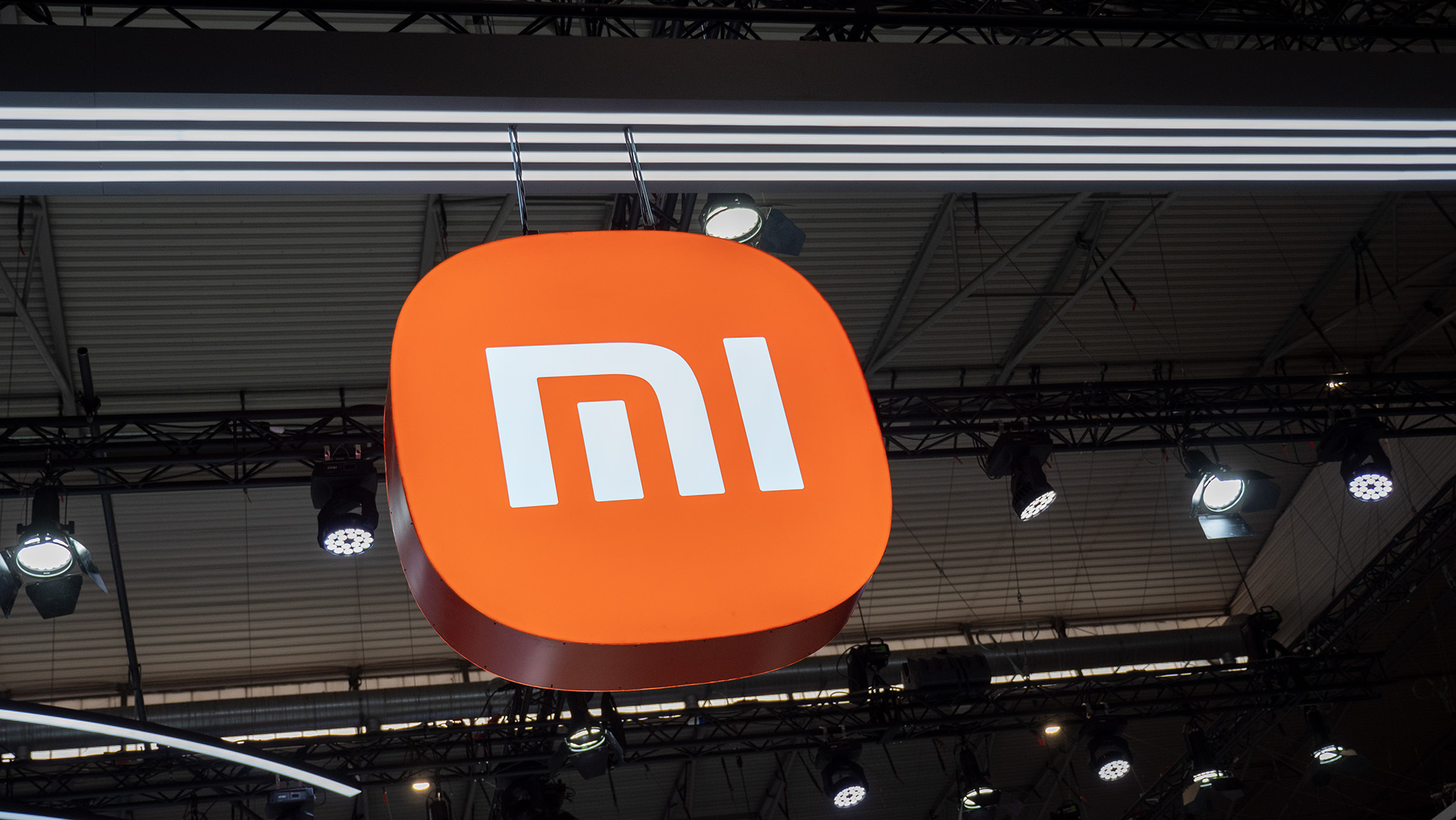

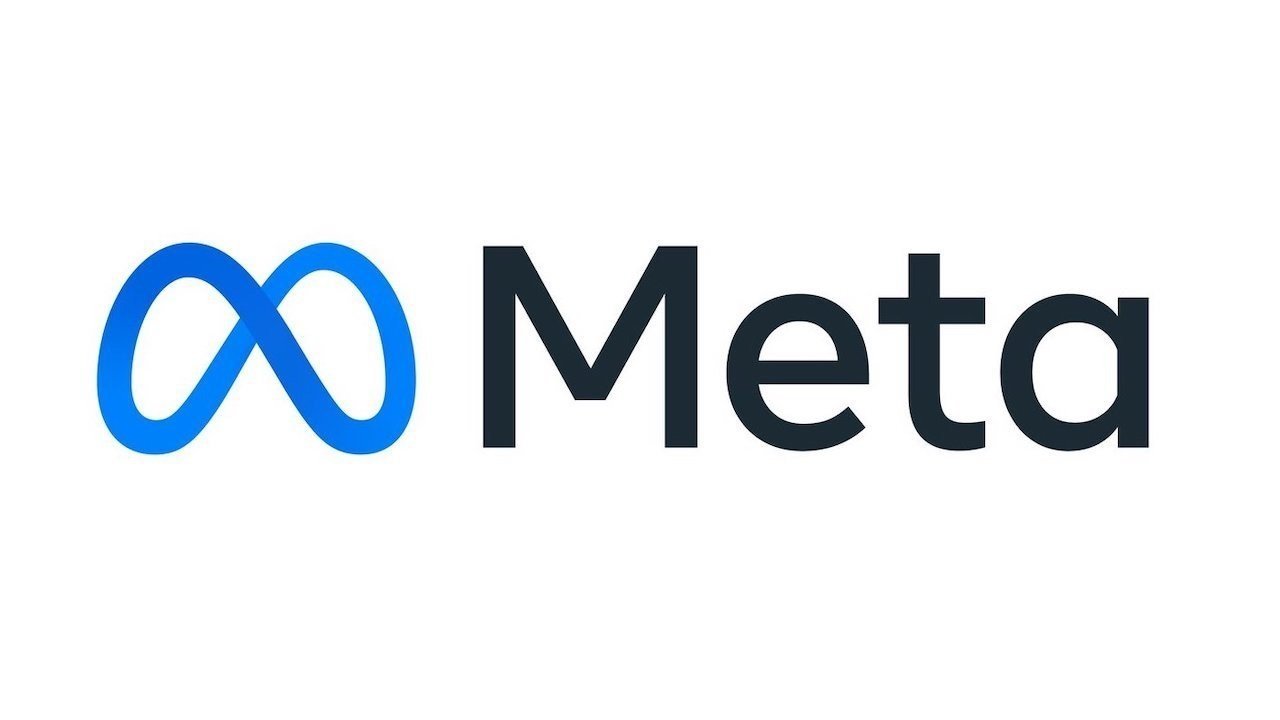

























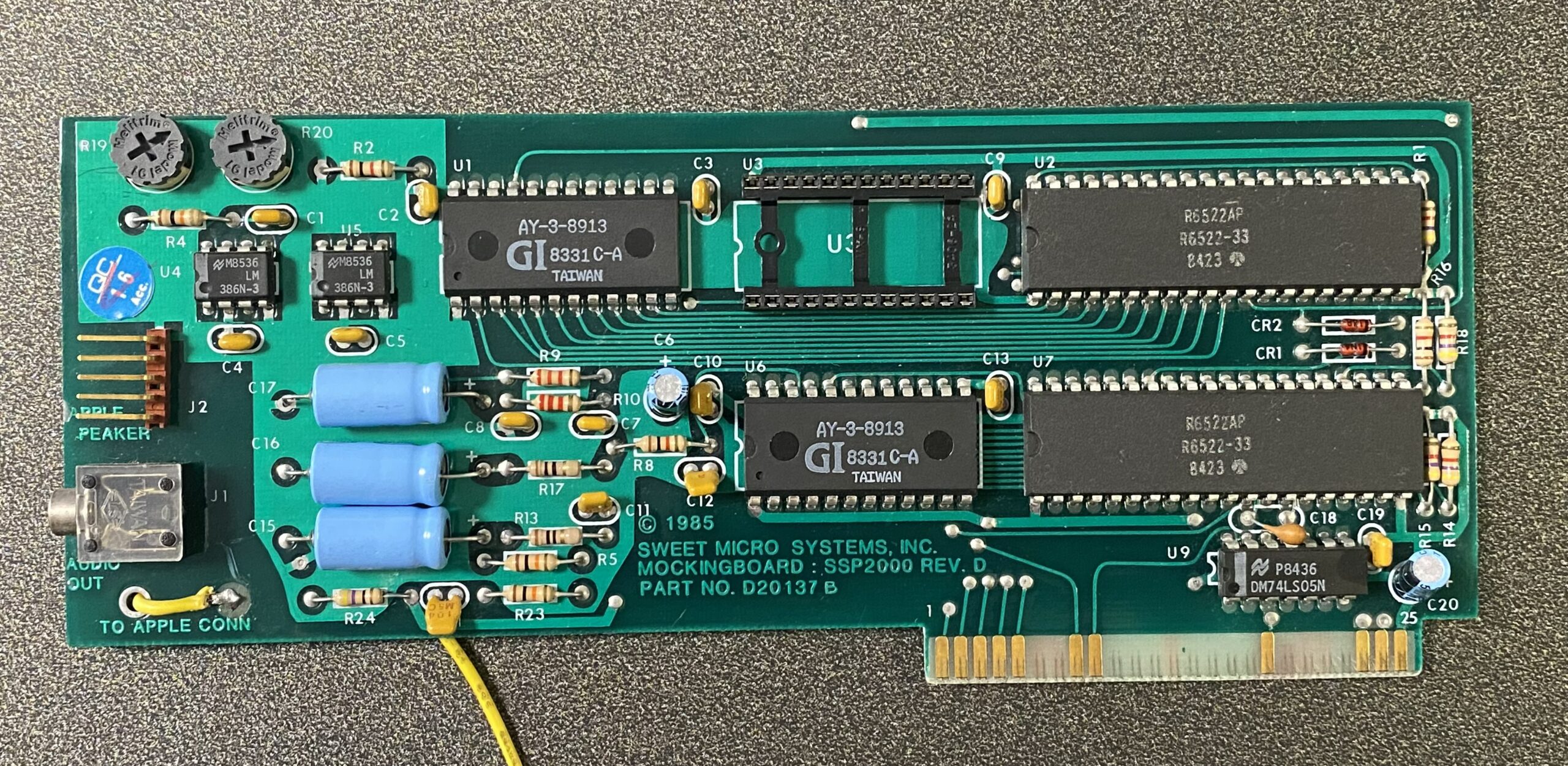

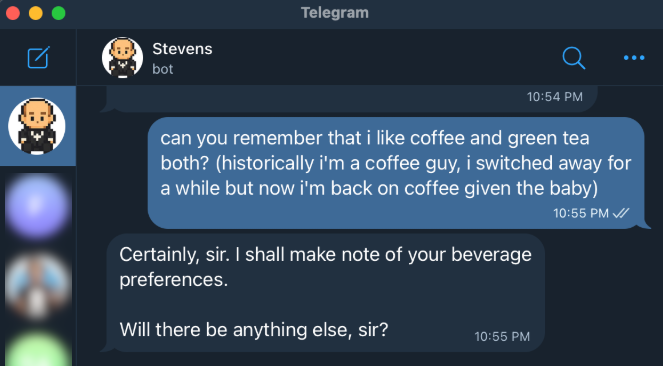
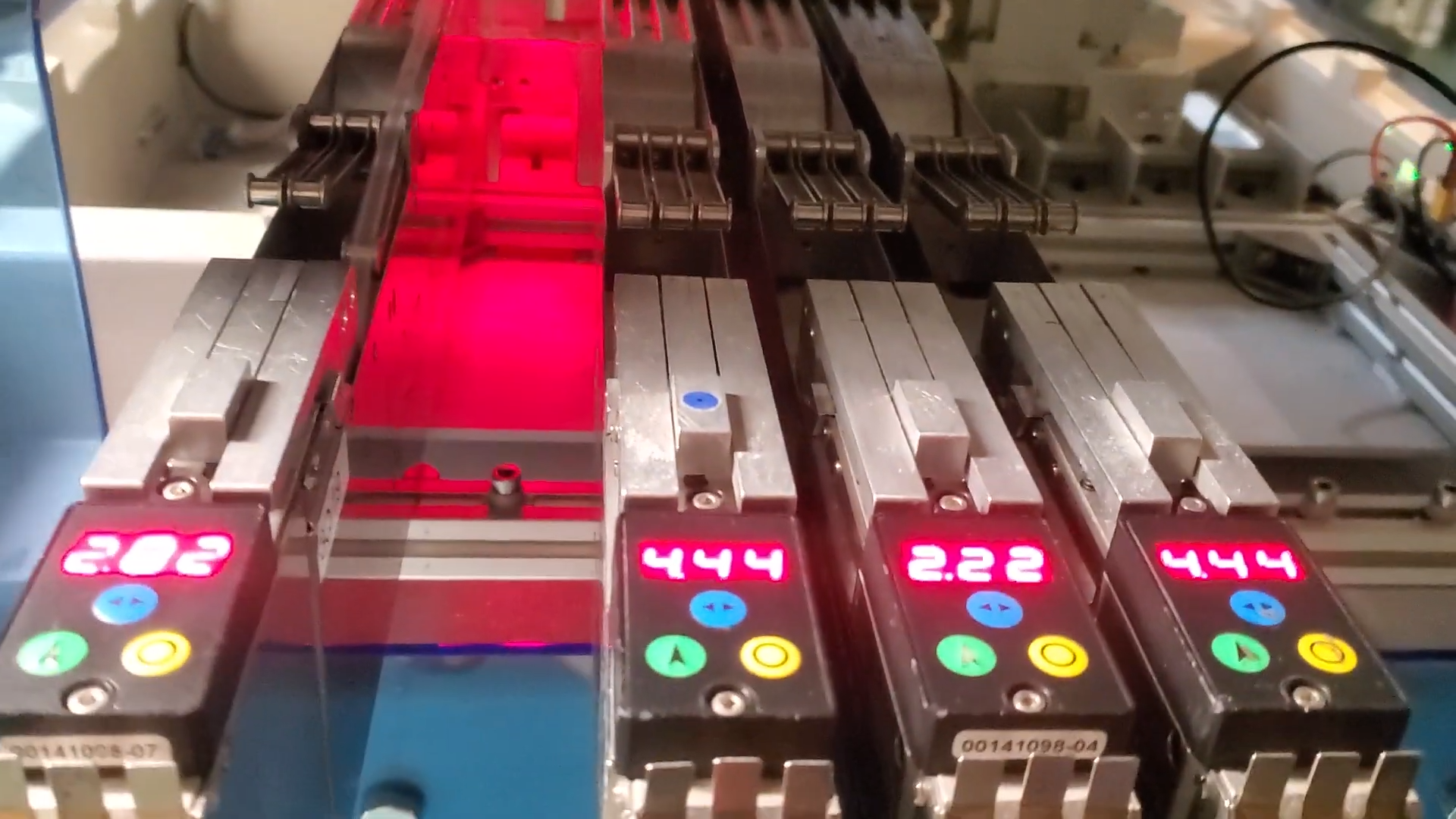

















































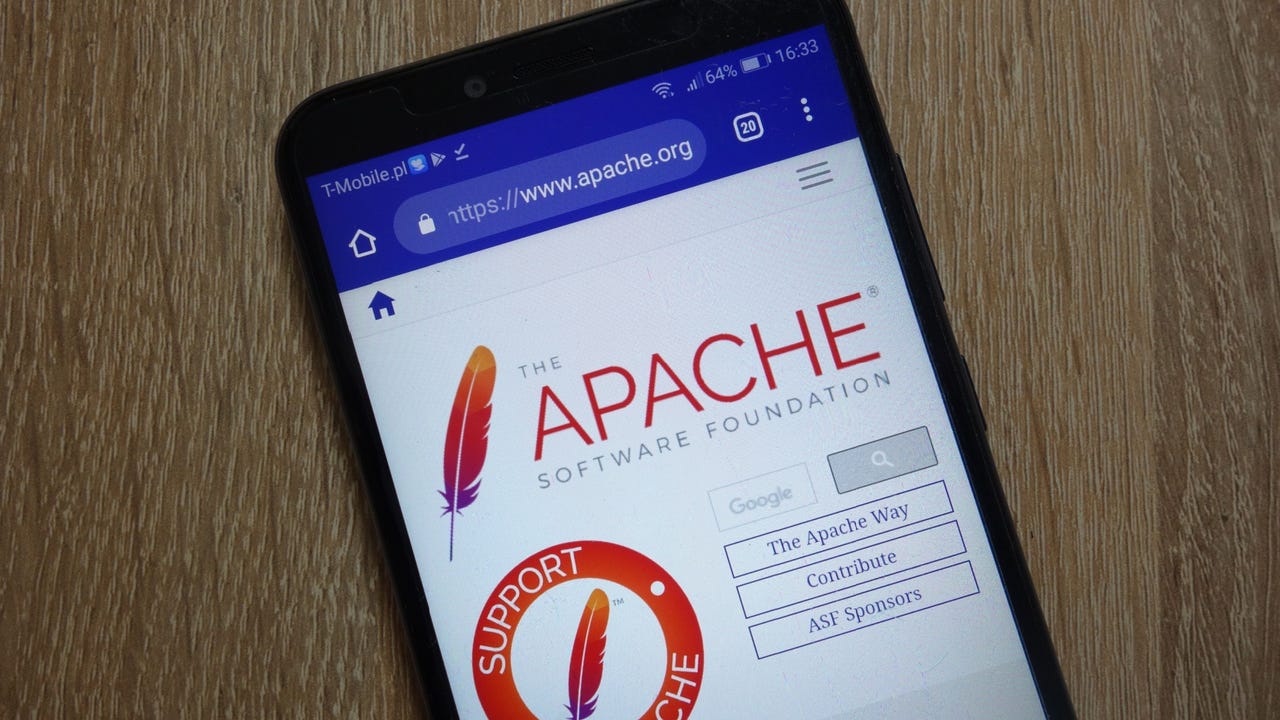
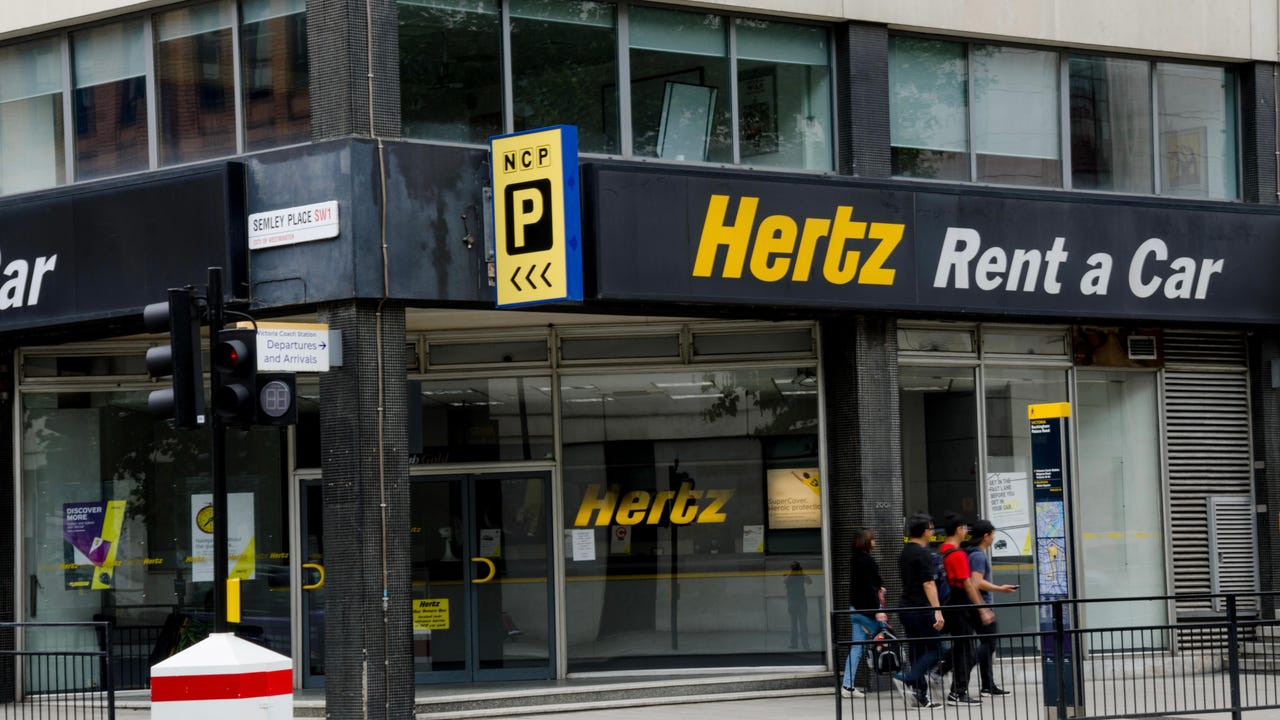

















































































![[The AI Show Episode 144]: ChatGPT’s New Memory, Shopify CEO’s Leaked “AI First” Memo, Google Cloud Next Releases, o3 and o4-mini Coming Soon & Llama 4’s Rocky Launch](https://www.marketingaiinstitute.com/hubfs/ep%20144%20cover.png)





























































































